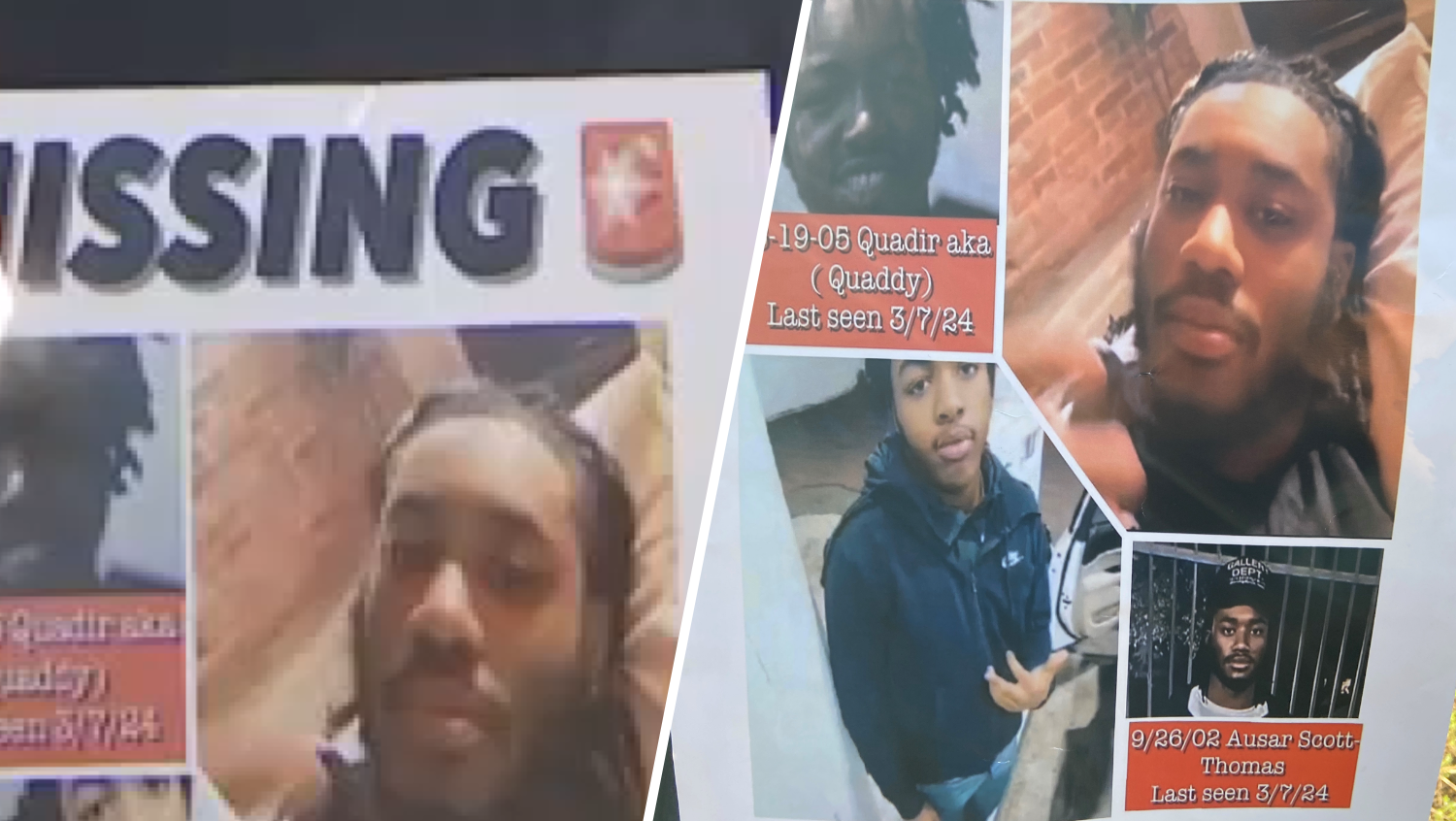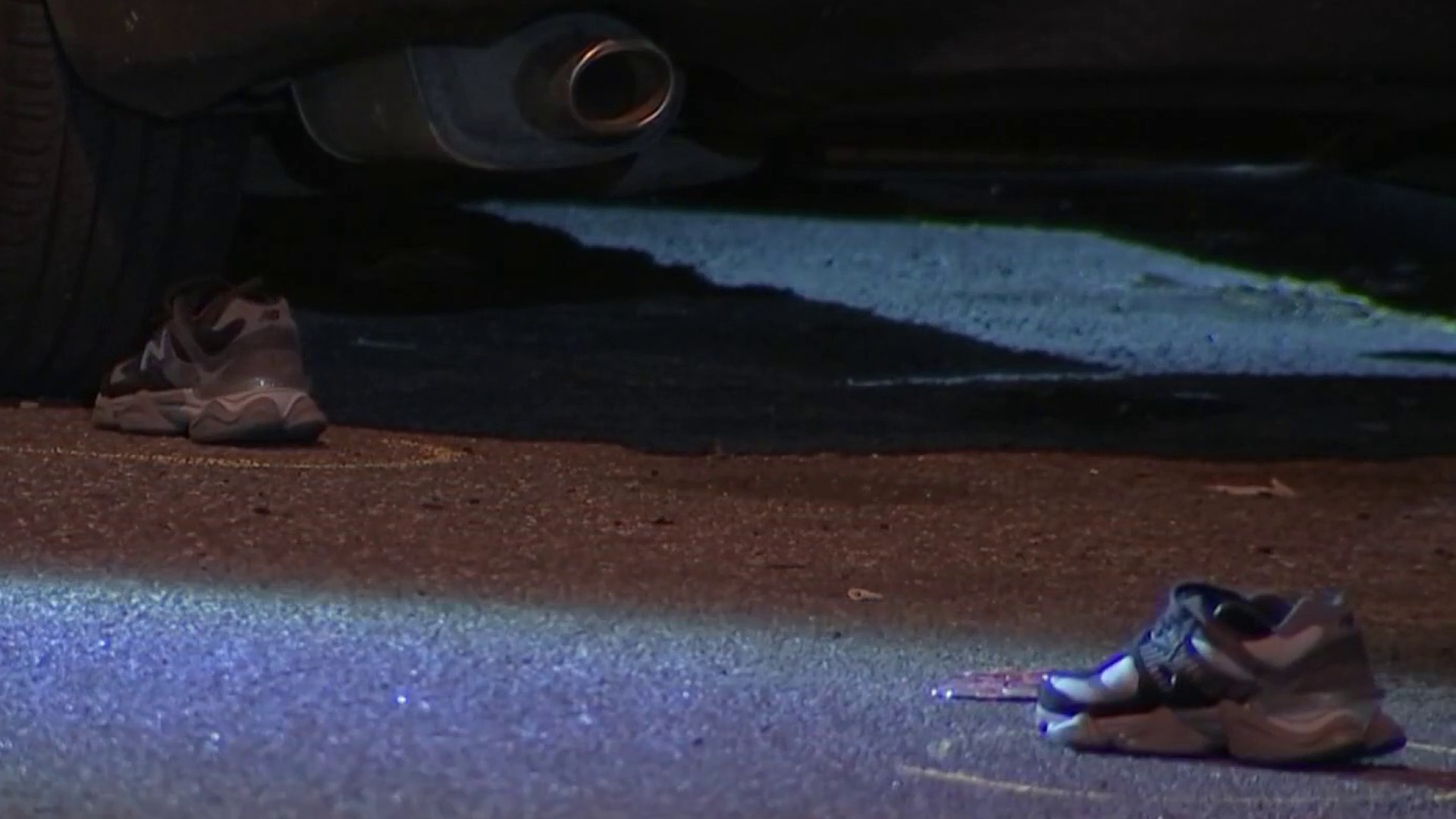As the opioid crisis continues to plague communities throughout the country, U.S. Sen. Cory Booker, D-NJ, introduced legislation Tuesday to end “the failed war on drugs” by legalizing cannabis at the federal level.
The Marijuana Justice Act would remove cannabis from the Controlled Substances Act, expunge federal marijuana use and possession crimes and incentivize states through federal funds to change their cannabis laws if those laws were shown to have a disproportionate effect on low-income individuals or people of color.
It would also allow people currently serving time in federal prison for marijuana use or possession to petition for resentencing.
Booker announced the legislation via Facebook Live.
“Tragically, in this country, if you’re African-American, you’re going to be arrested for using drugs almost four times more than someone who is white,” Booker said.
“Having grown up in a town that was privileged compared to Newark, you don’t see kids coming home from frat parties being stopped and frisked. You hear people bragging about using pot. If you go to poor communities, clearly this is not a laughing matter.”
Local
Breaking news and the stories that matter to your neighborhood.
Last year, the Drug Enforcement Administration declined to reschedule marijuana. It is currently considered a Schedule I drug, as is heroin, LSD and ecstasy. Opioids, including the deadly fentanyl, are listed under Schedule II.
Lawmakers in New Jersey have slowly been chipping away at the state's cumbersome medical marijuana legislation since then. In May, State Sen. Nicholas Scutari introduced a bill to make adult-use recreational cannabis legal, citing the program's costly fees and restrictive measures. Earlier this year, residents at a Trenton townhall hearing accused Gov. Chris Christie of wanting the program to fail.
But with Christie leaving office at the end of the year, gubernatorial Democratic front-runner Phil Murphy said he supports legalization. And Republican Lt. Gov. Kim Guadagno said she backs decriminalization.
Currently, recreational cannabis is legal in eight states and the District of Columbia. Dozens more have medical marijuana programs in place with Pennsylvania slated to debut its program early next year.
Lawmakers in Delaware signaled their state might be the next to allow adult-use recreational cannabis.
Any bill to federally legalize marijuana will likely be hamstrung by the Republican-controlled Congress and Attorney General Jeff Sessions, who has called for tougher sentencing and a rollback of pro-pot state legislation.
“Sessions is a problem and dangerous,” Booker said Tuesday. “[He] is going against state laws and public opinion. This, to me, is outrageous and unacceptable.”
Booker said he has never tried marijuana and does not drink alcohol. The bigger issue, he said, is the "unequal application of justice" to low income communities.
"This bill is the most ambitious marijuana bill we have seen in Congress,” Queen Adesuyi from the Drug Policy Alliance said.
“It recognizes the fact that people of color have borne the brunt of the failed war on drugs and seeks to repair the damage done."



